What is a Weeaboo? Understanding the Controversial Term

In the expansive world of fandoms, few terms evoke as much curiosity and controversy as "Weeaboo". Often used in internet culture, this term has sparked countless debates, fueled by misunderstandings and differing perspectives.
There has been instances that you don't even have to be obsessed over Japanese pop culture such as anime and manga. You can even be interested in Japanese sports or Japanese streetwear or anything Japanese-related. People in the outside looking into the fandom would call people that are interested (or borderline obsessed) in anything dealing with Japan and Japanese a "weeaboo".
This obsession often extends beyond a healthy interest or admiration for the culture, diving into realms of idealization and appropriation. But what makes the term so contentious? How did it come to be, and why does it stir such strong reactions?
This blog post aims to shed light on the concept of Weeaboo, its origins, connotations, and the controversy that surrounds it. Join us as we delve into the world of Weeaboos, exploring the nuances and complexities that make this term a hot topic of discussion in online communities around the globe.
What is a Weeaboo?
A weeaboo is someone who is obsessed with Japanese culture, anime, manga, and other aspects of Japanese pop culture. The term originated in the early 2000s on the imageboard website 4chan as a derogatory label for non-Japanese people who appropriate Japanese culture and style themselves as being Japanese.
The word "weeaboo" itself seems to have been derived from the Japanese word "wapanese" which was used to describe white people who wanted to be Japanese. Over time on 4chan, the term "wapanese" morphed into "weeaboo."
Some key characteristics often associated with weeaboos include:
-
An obsession with anime and manga.
-
Learning Japanese primarily through anime and manga.
-
Using Japanese words and phrases instead of their English equivalents.
-
Believing that Japan is superior to any other country.
-
Wanting to be Japanese and rejecting their actual ethnicity.
-
Fetishizing Japanese people and culture.
-
Having a patronizing attitude towards actual Japanese culture.
However, the term has evolved over the years, and interpretations of what constitutes a weeaboo vary. Nonetheless, it generally carries a negative connotation of someone who engages in shallow cultural appropriation.
Origin of the Term
As mentioned, the term weeaboo originated sometime in the early 2000s on the imageboard website 4chan. 4chan users started using it as a derogatory label for non-Japanese people who were obsessed with Japanese culture and anime.
The first known usage of the term was in a comic posted on 4chan in 2005. The comic depicted a character named "Weeaboo" who represented the stereotype of an annoying, Japan-obsessed fan. Over time, 4chan users started using the term weeaboo to refer to people like the character in the comic.
The word weeaboo itself seems to have been derived from the Japanese word "wapanese" (ワパニーズ). Wapanese was an internet slang term used by Japanese people to describe white people who wanted to be Japanese. It was a combination of "white" and "Japanese."
As the term Wapanese spread on English imageboards like 4chan, it gradually morphed into weeaboo. The change from wapanese to weeaboo was likely influenced by the preexisting English word "weeaboo" which means a worthless or inauthentic person.
So in summary, weeaboo emerged as a distinctly English internet slang term inspired by the Japanese word wapanese and the English word weeaboo. It became popularized on sites like 4chan as a label for anime fans who were seen as inauthentic wannabes by members of the anime subculture.
What Does the Term Imply?
The term weeaboo implies several negative stereotypes and connotations:
-
Obsessive fandom over anime/manga and Japanese culture in a shallow, appropriative way.
-
A false sense of knowing about Japanese culture just through anime.
-
The fetishization of Japanese people and culture.
-
A desire to be Japanese and rejection of one's ethnicity.
-
The use of Japanese words to seem cool or "more Japanese."
-
A belief that Japan and Japanese culture are superior to others.
-
A patronizing attitude towards actual Japanese culture.
Essentially, the term weeaboo suggests someone is engaging in cultural appropriation of Japanese culture superficially without truly understanding all aspects of Japanese society. It implies they prioritize their fantasies about Japan over reality.
The term also implies social awkwardness, a lack of self-awareness, and an annoying obsession with Japan that people find irritating. Weeaboos are seen as outsiders appropriating a culture they don't fully grasp to build their own identity.
In my time of watching anime and learning Japanese culture and language, there has been instances that people (online and offline) have called me a "weeaboo" whenever I know facts about Japan outside of the common anime and manga series. From close friends to complete strangers online and offline, the term has been through at me left and right.
However, interpretations vary. Some see it as a very derogatory term, while others use it more lightly to poke fun at excessive anime fandom. But in general, it carries implications of inauthenticity and superficiality in appreciating Japanese culture.
Interpreting the Term
Why Some People Find it Offensive
There are several reasons why some people find the term weeaboo offensive or problematic:
-
It originated as a racist slur on 4chan and carries those harmful connotations.
-
It promotes the narrative that non-Japanese people can't truly appreciate Japanese culture.
-
It stereotypes anime fans as socially inept and annoying.
-
It can be used to bully or mock people for their interests.
-
It criticizes harmless appreciation for anime/manga and stigmatizes fans.
-
It reinforces narrow, stereotypical views of Japanese culture.
-
It's often used as a gatekeeping term in fan communities.
-
It can perpetuate harmful ideas about cultural appropriation.
Many argue the term promotes toxic attitudes like racism, elitism, and gatekeeping within anime fan communities. It stereotypes fans as obsessive "others" who can never truly appreciate Japanese culture.
Some view it as a form of cultural gatekeeping - deciding who has the right to enjoy anime and manga. They believe it reinforces reductive ideas about cultural appropriation, where any interest in foreign cultures is seen as harmful.
There's also criticism that it perpetuates narrow views of Japanese culture focused only on pop culture elements like anime. Overall, many find the term promotes harmful attitudes and behaviors that have no place in diverse fan communities.
The Positive Side of Being a Weeaboo
Though the term weeaboo has negative connotations, there are also more positive ways to interpret weeaboo behaviors:
-
They have an enthusiasm for learning about Japanese culture.
-
They engage with media like anime in a creative, expressive way.
-
They are exploring their identity and interests through fandom.
-
They want to engage with diverse cultures and perspectives.
-
Fandom provides them with community and emotional support.
From this perspective, so-called weeaboo behaviors represent harmless self-expression and cultural exploration. Even if their understanding is imperfect, it comes from a place of genuine interest and passion.
Anime and manga fandom also provide a community for marginalized groups. So policing people's interests with terms like weeaboo can take away that support system.
While cringe behavior can develop in any fandom, terms like weeaboo often go too far. They dismiss fans' genuine enthusiasm and stigmatize behaviors that provide meaning for many.
So the weeaboo label can unfairly stereotype reasonable cultural interest as obsession. With more nuance, these fans can be understood as creatively engaging with media they love through fandom.
Conclusion
In conclusion, the term "weeaboo" is a complex and often controversial term that originated from online communities. It typically refers to non-Japanese individuals who are excessively obsessed with Japanese culture, particularly anime and manga, to the point of cultural appropriation and stereotyping. The term carries negative connotations, suggesting inauthenticity, superficial understanding, and social awkwardness.
However, interpretations of the term can vary significantly, and it's important to consider the context in which it's used. While some view it as derogatory, others may use it more lightly to poke fun at excessive fandom. The term has been criticized for promoting harmful stereotypes, gatekeeping within fan communities, and a narrow view of Japanese culture.
On the other hand, the behaviors associated with being a weeaboo can also be seen in a positive light, representing a genuine interest in Japanese culture and a creative outlet for self-expression. These fans often find community and emotional support within their fandoms.
Ultimately, while it's crucial to respect and understand cultures rather than appropriate them, it's equally important not to stigmatize or belittle individuals for their interests. As with any term, the use and interpretation of "weeaboo" should be considered with nuance and empathy.












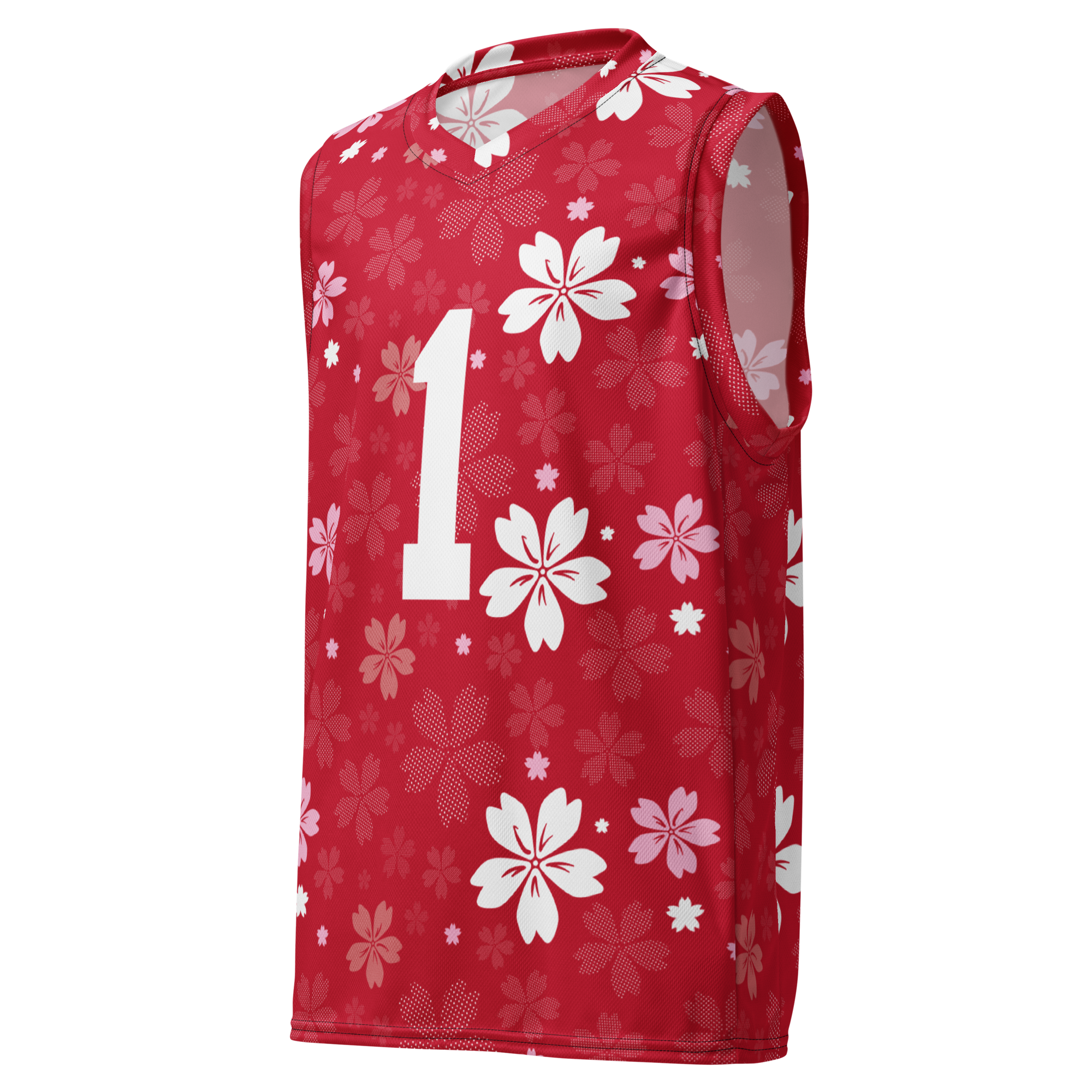
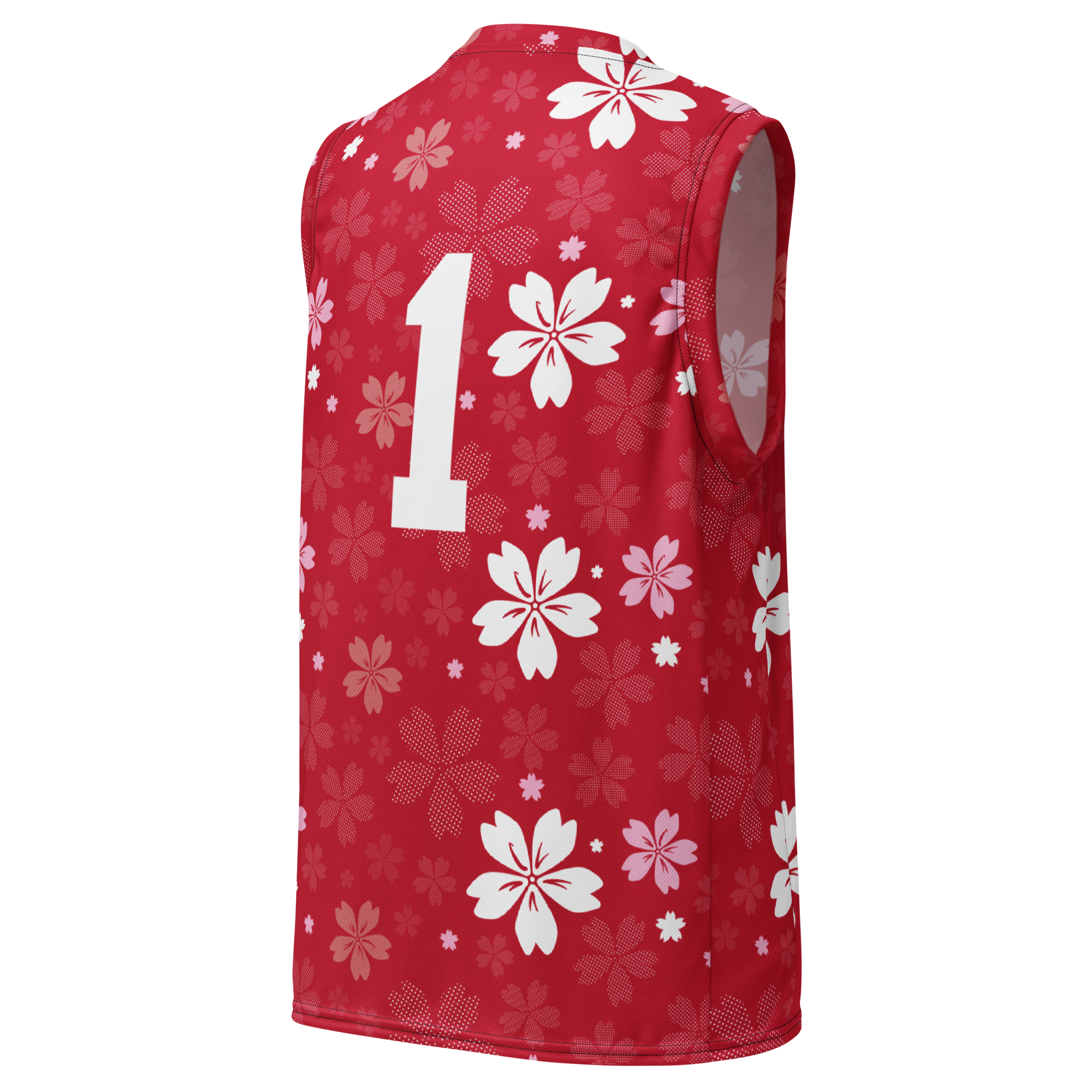
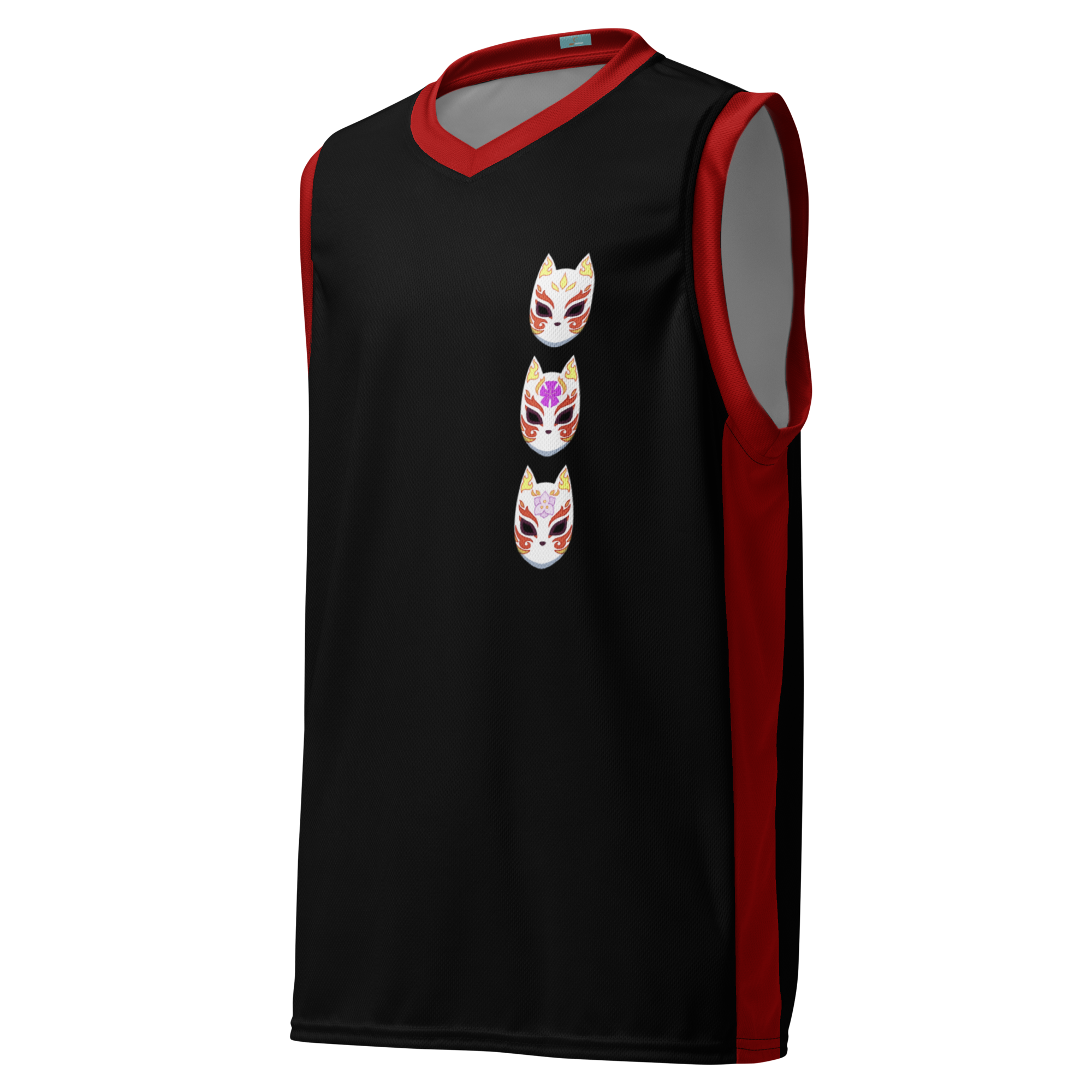
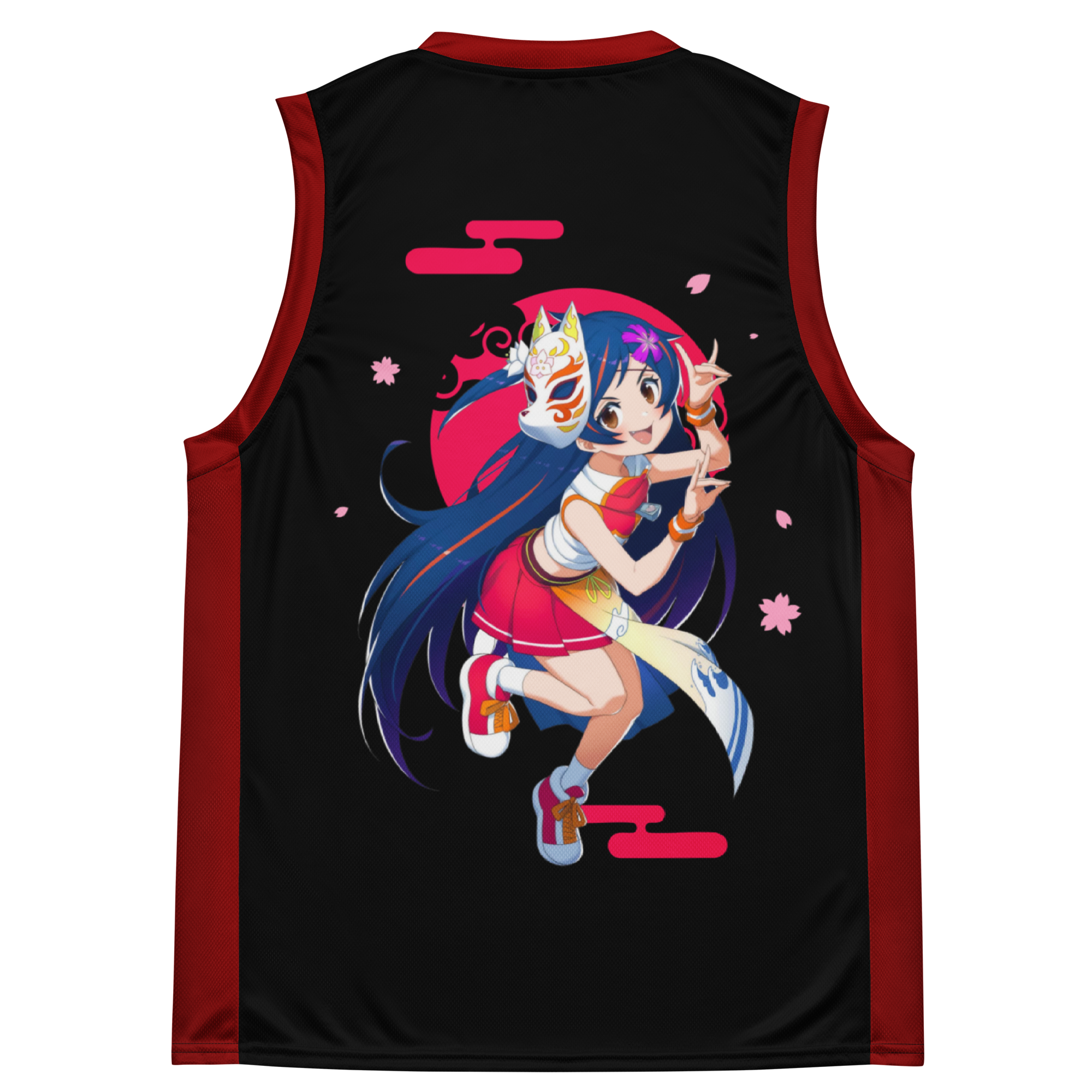
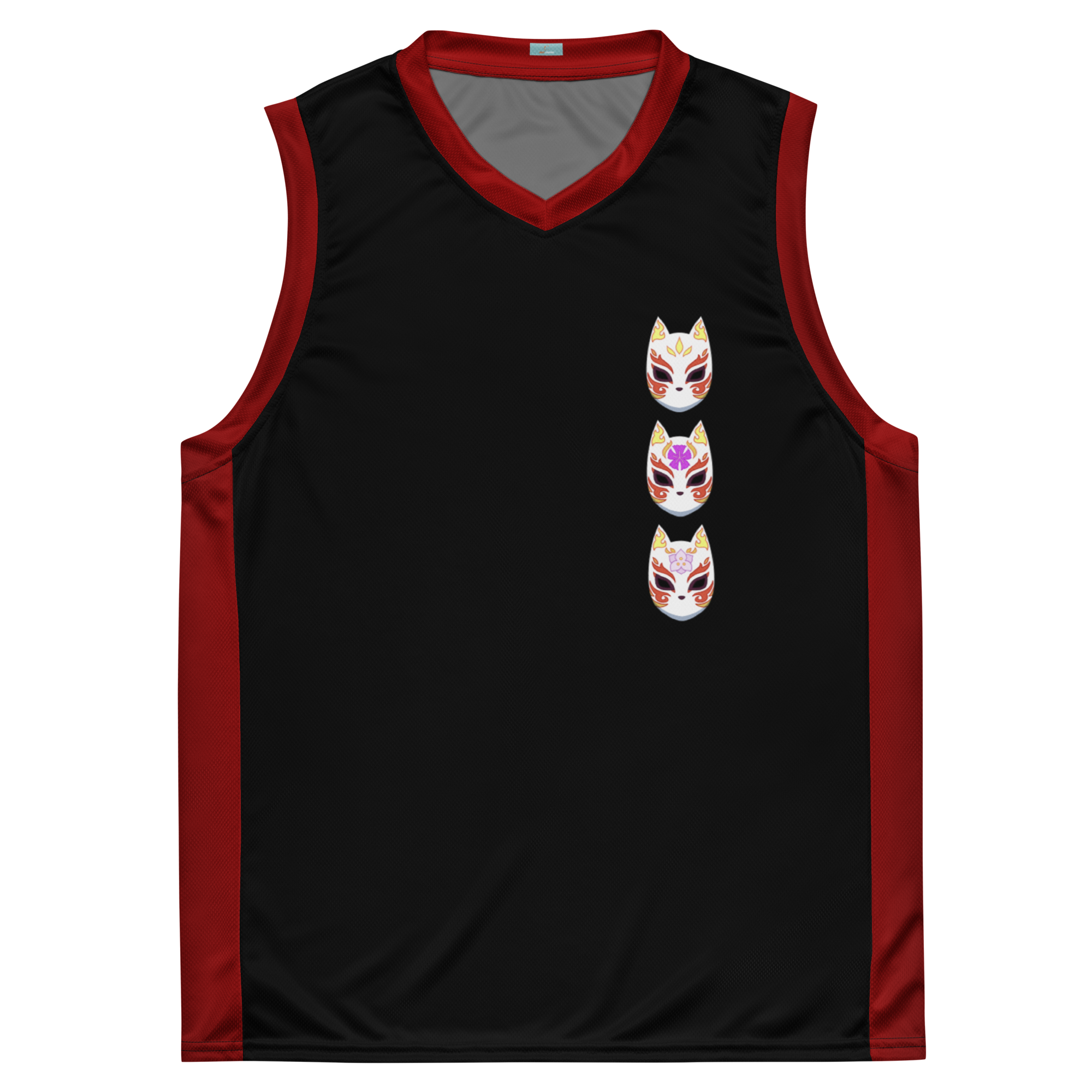
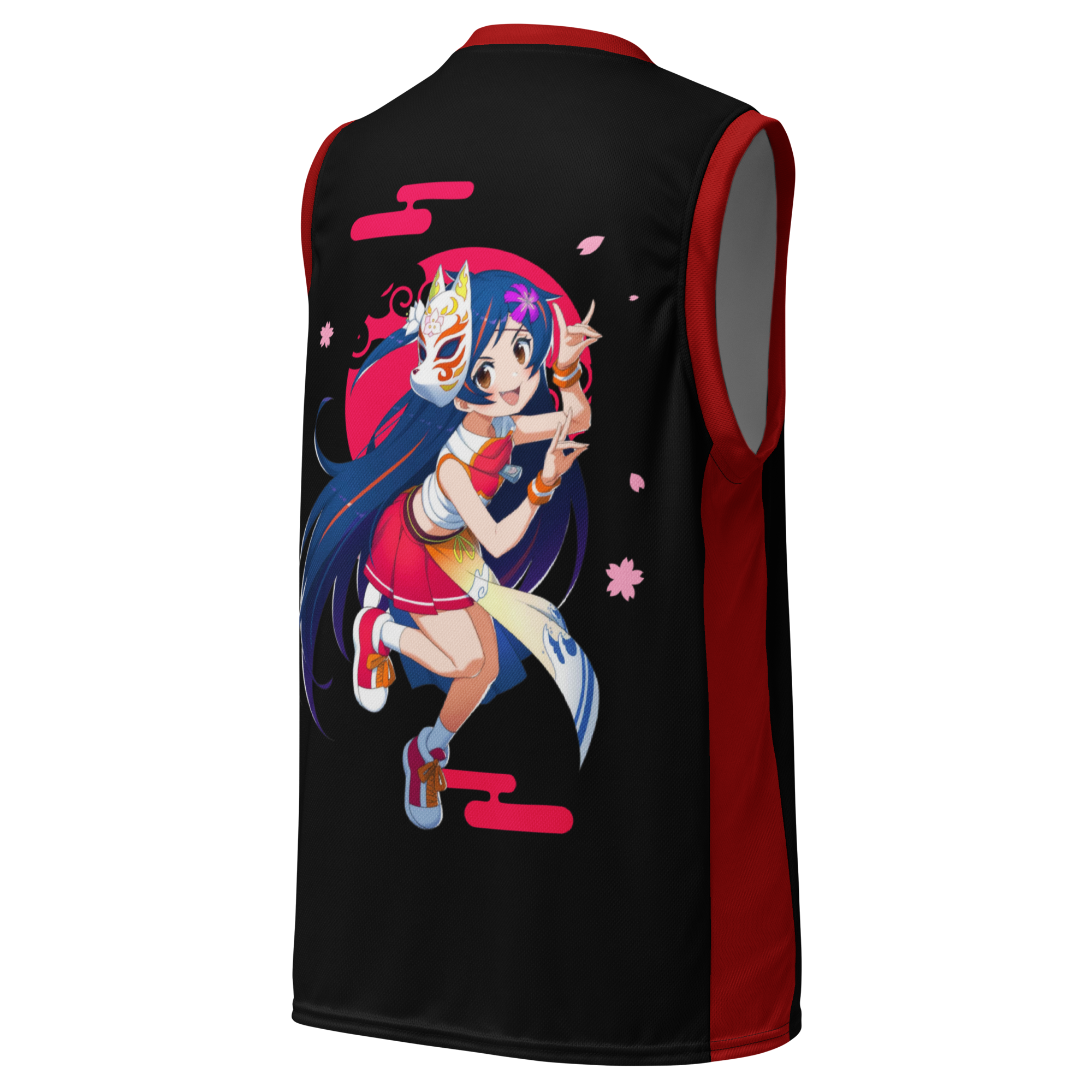
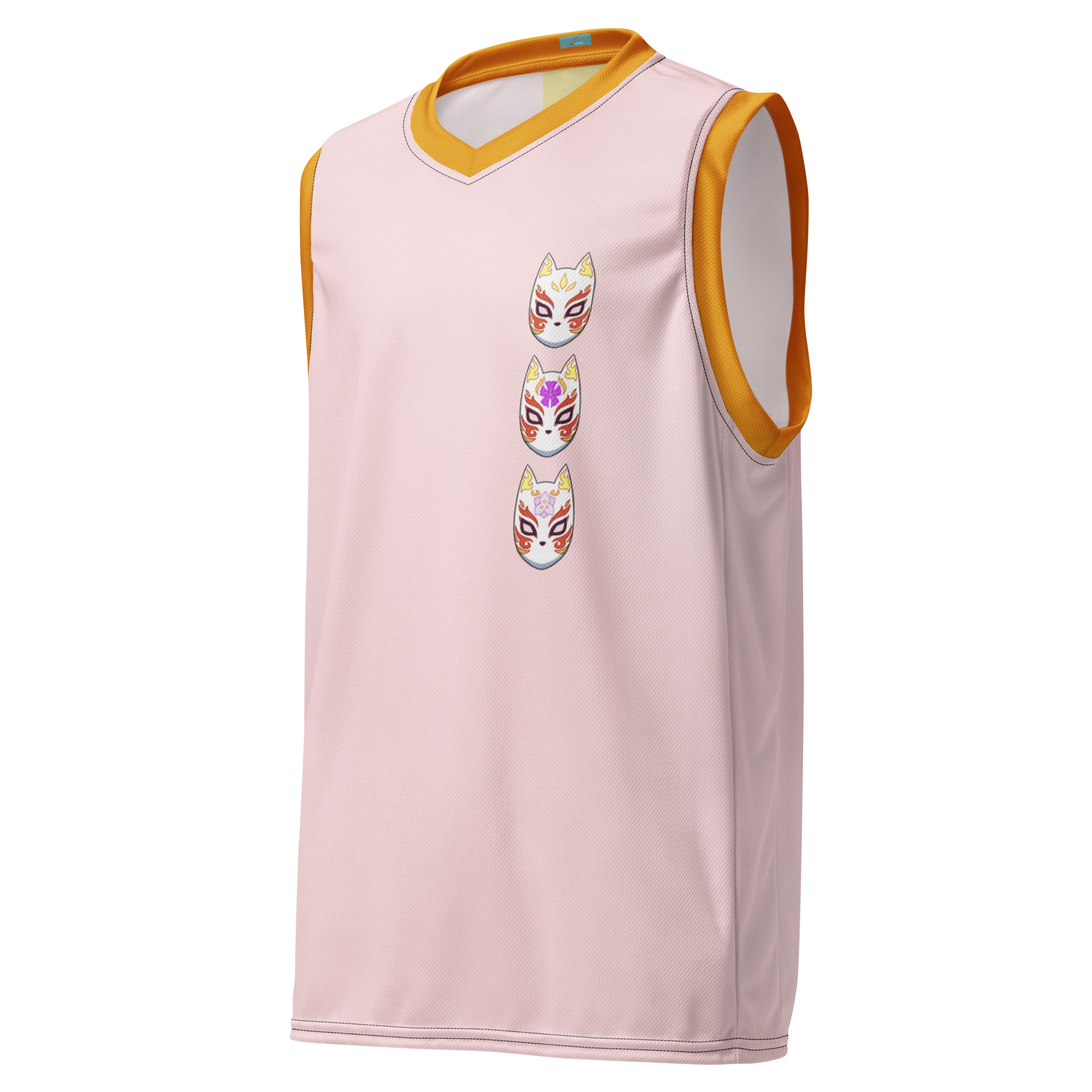
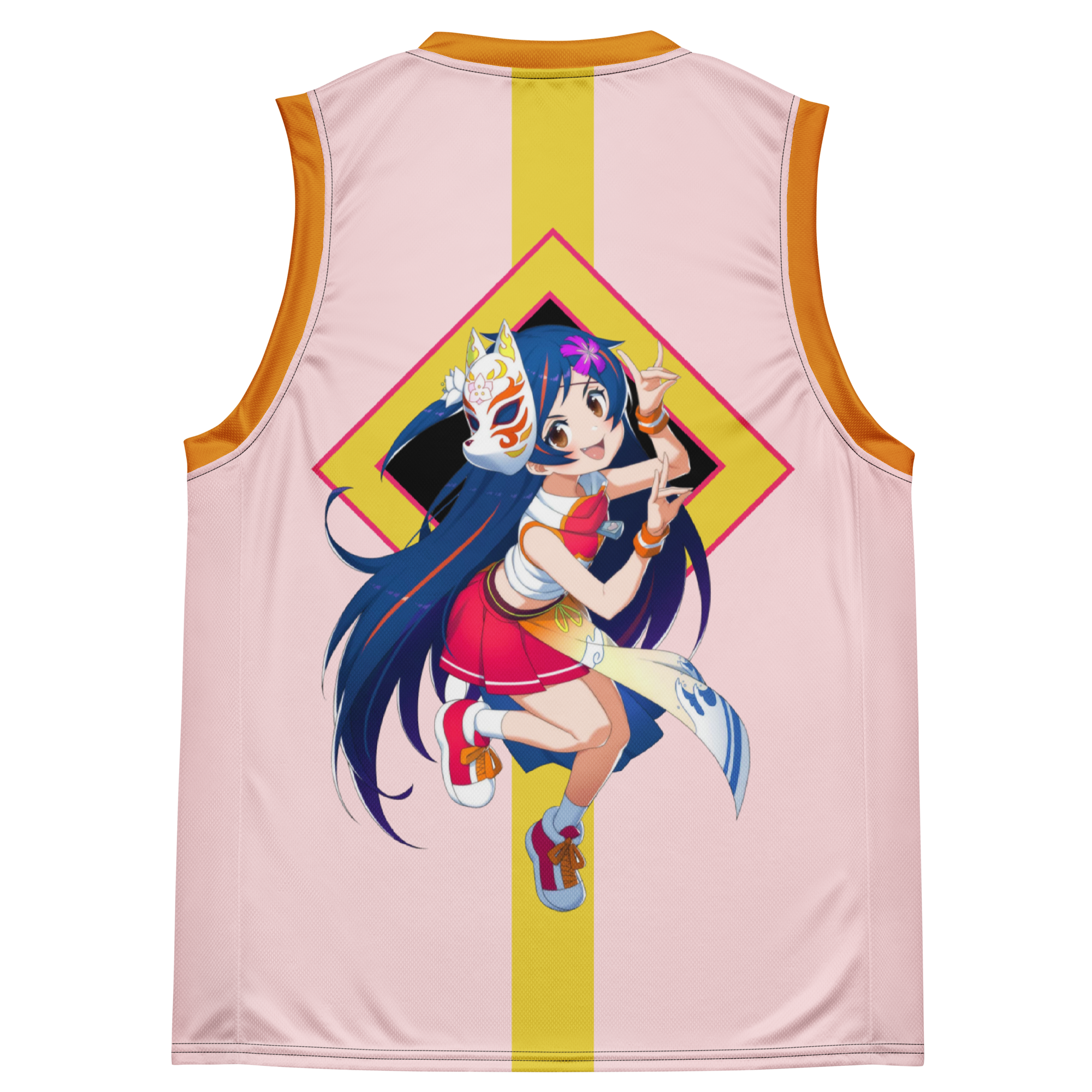
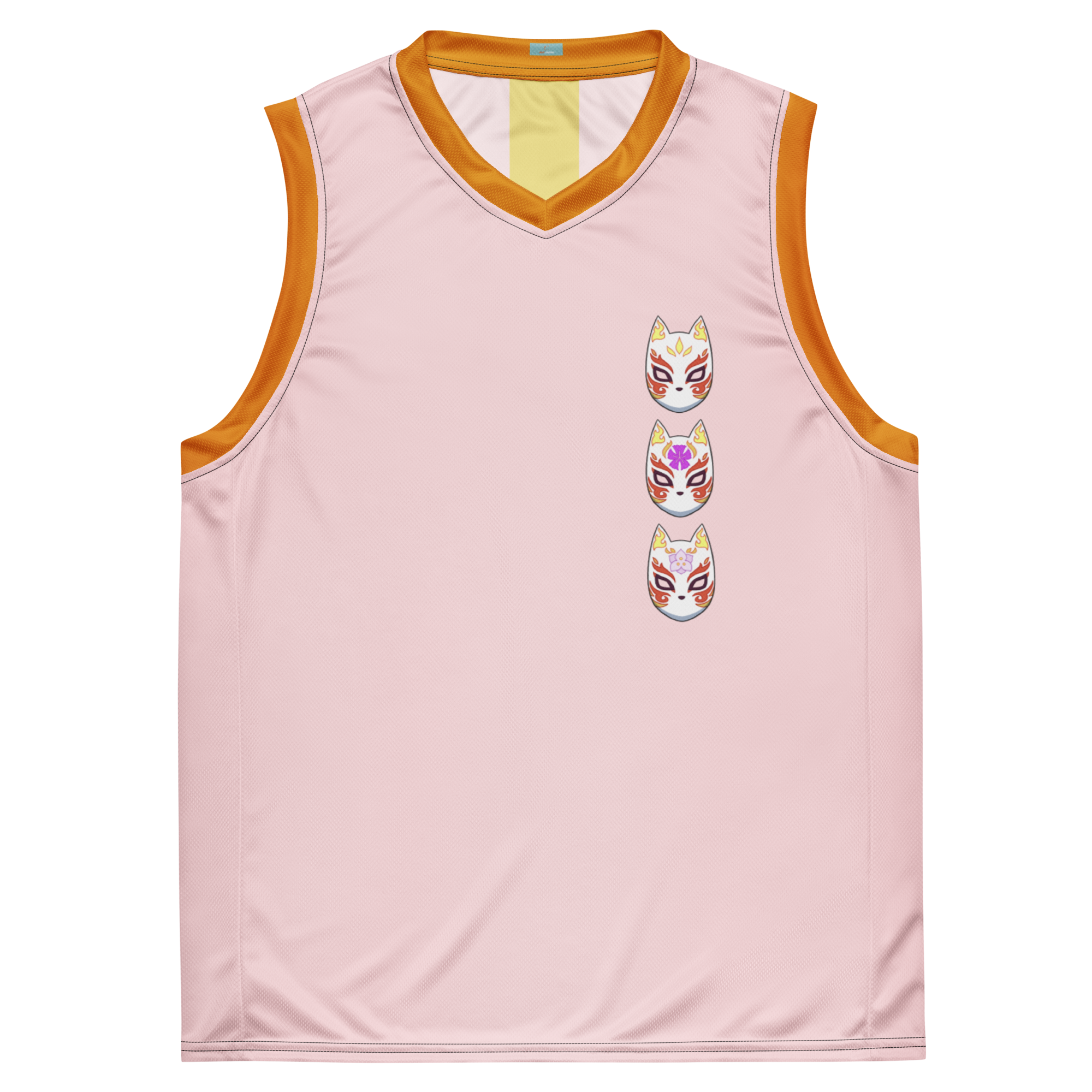

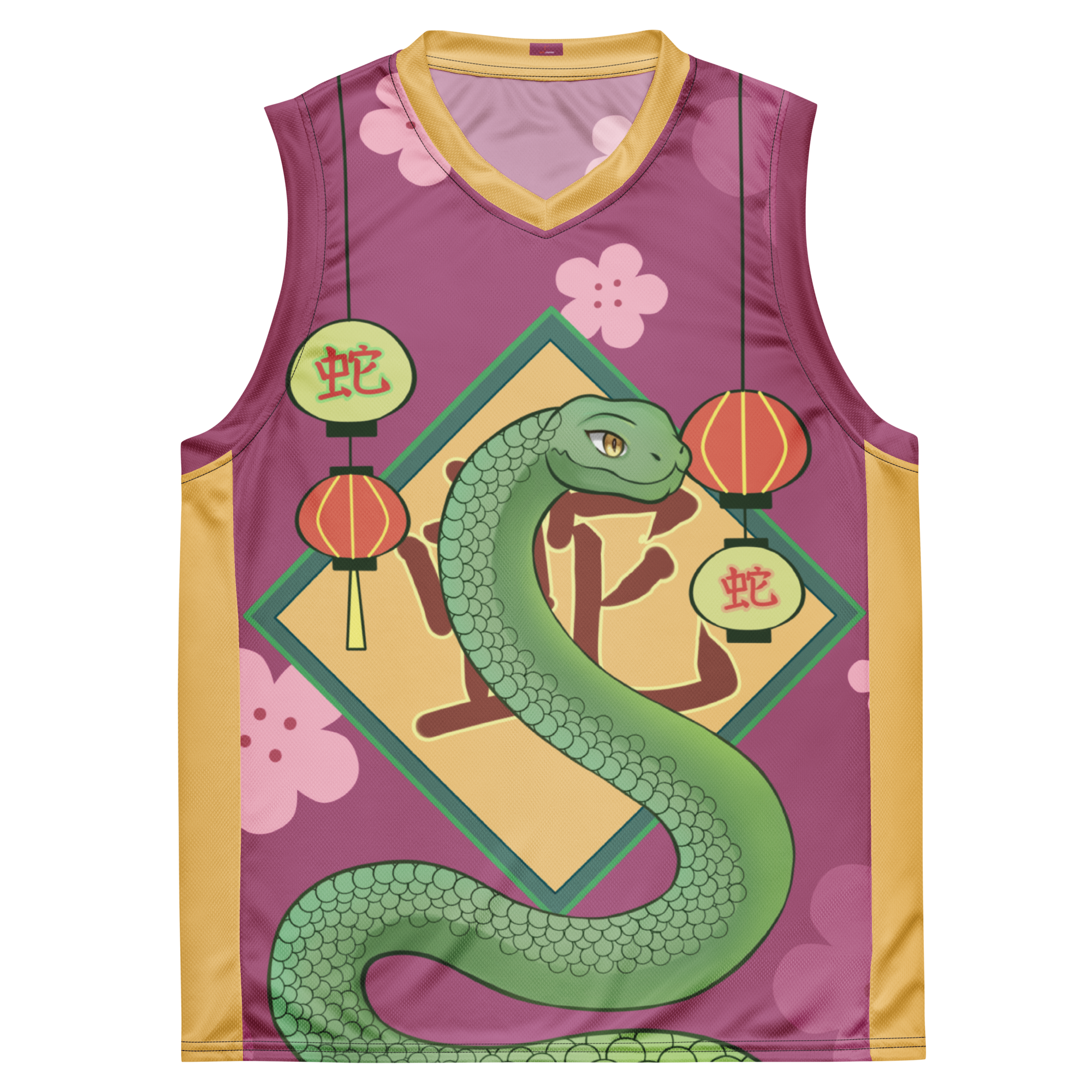
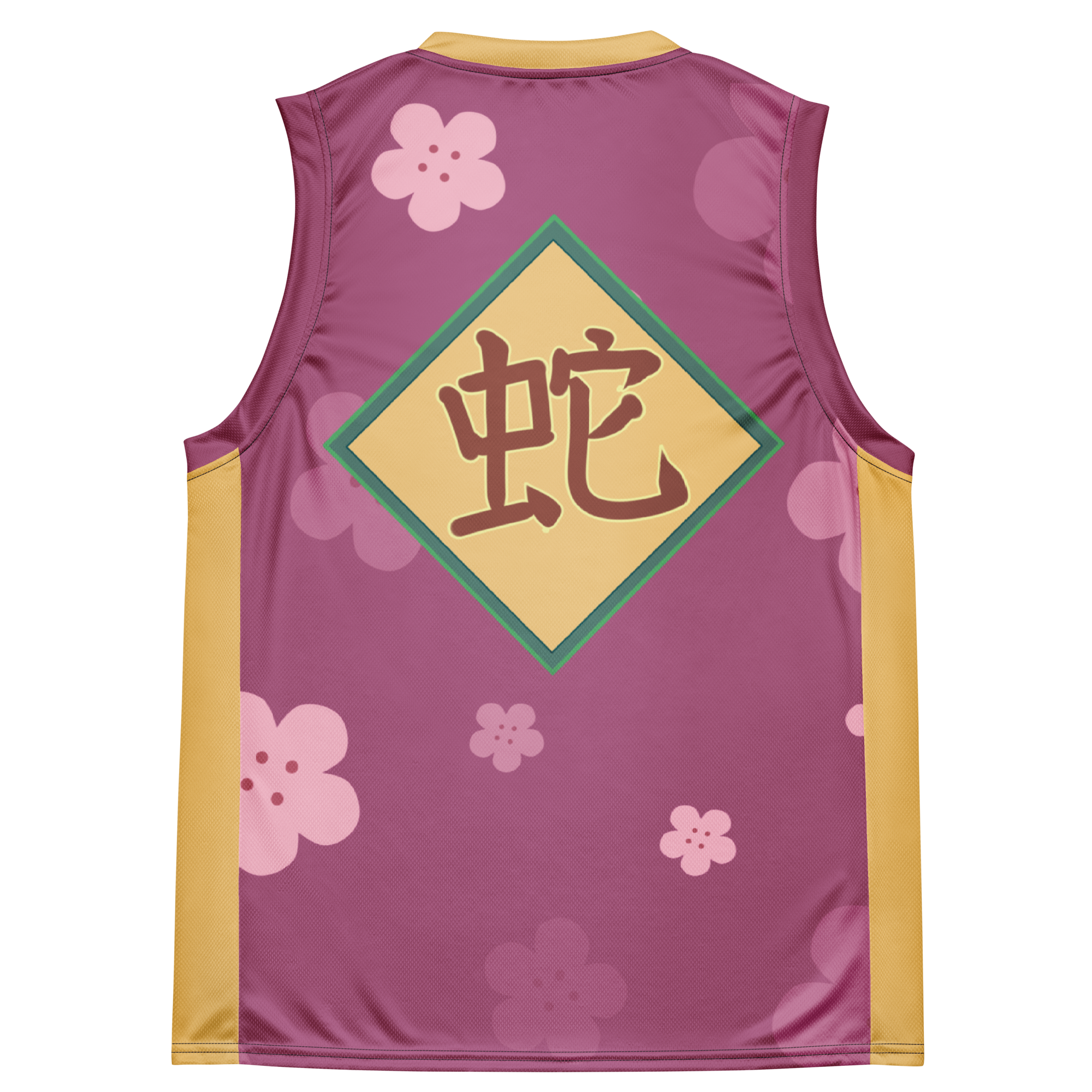
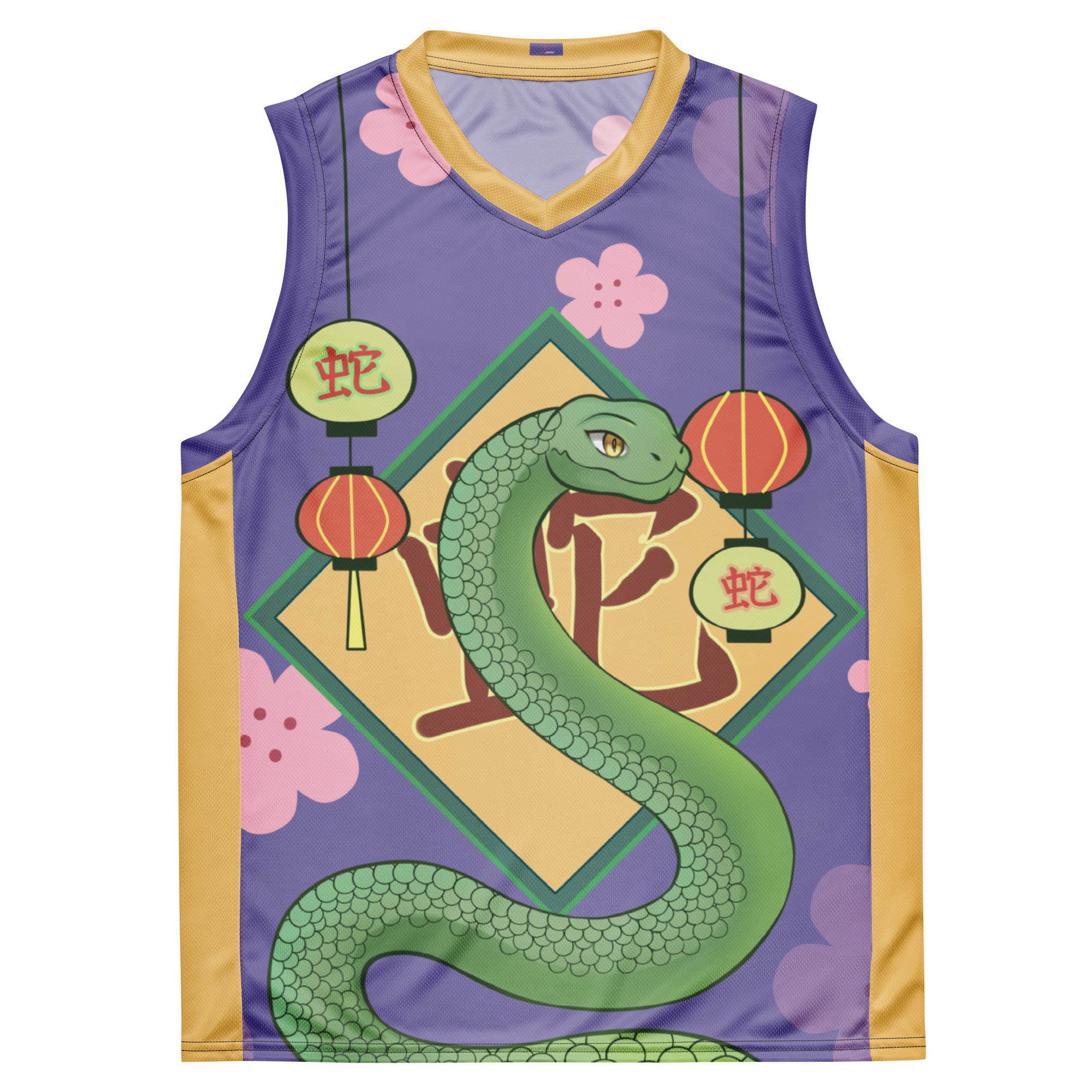
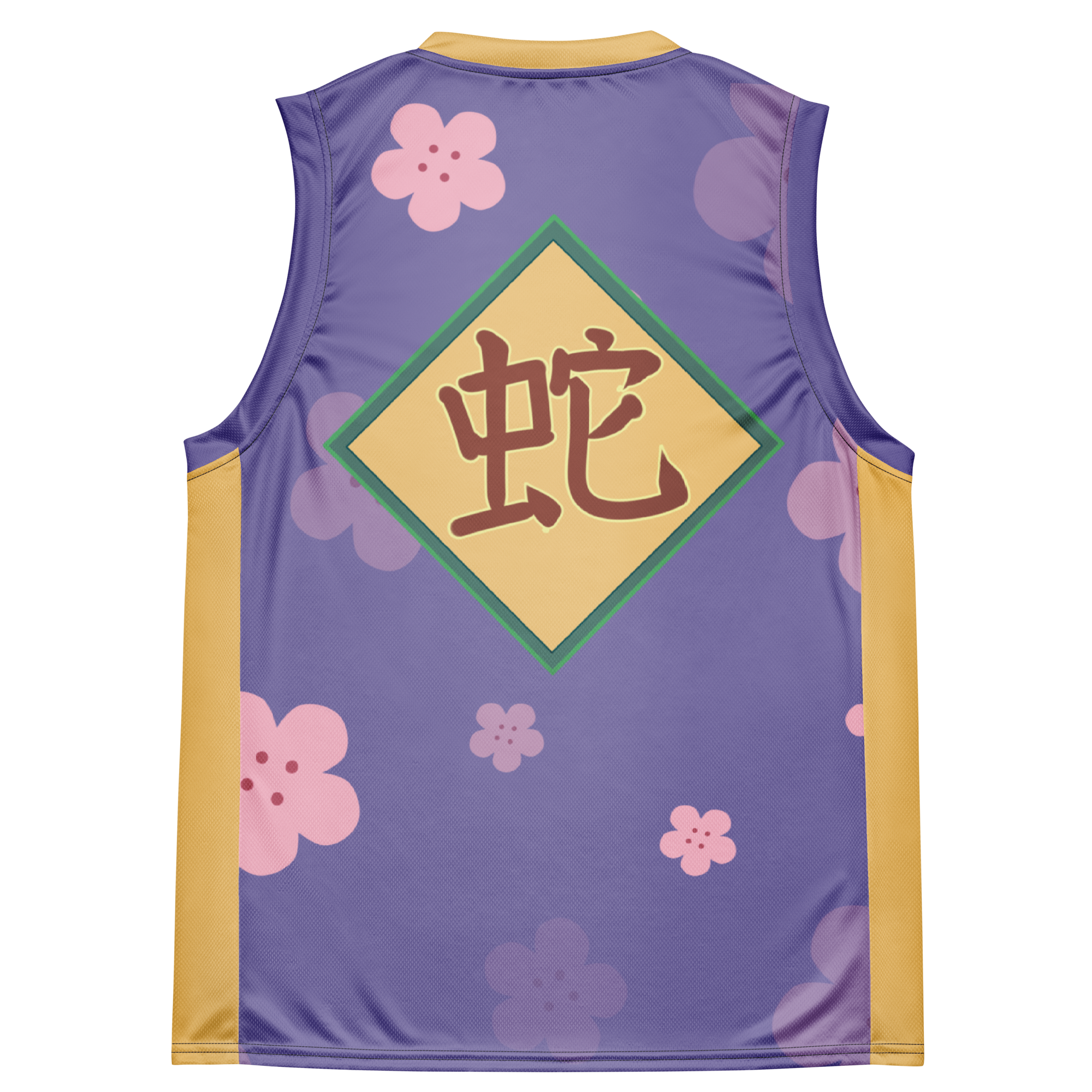
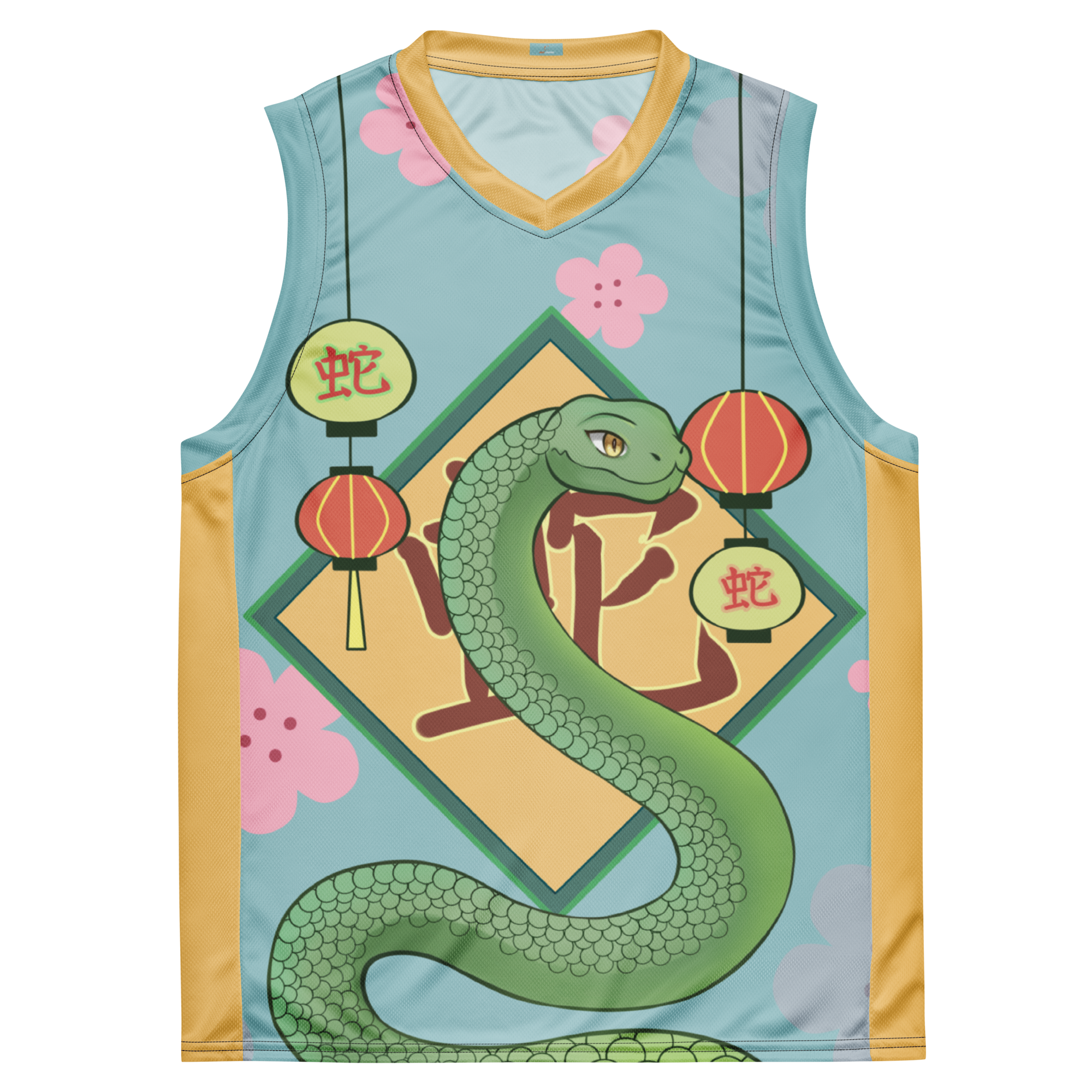
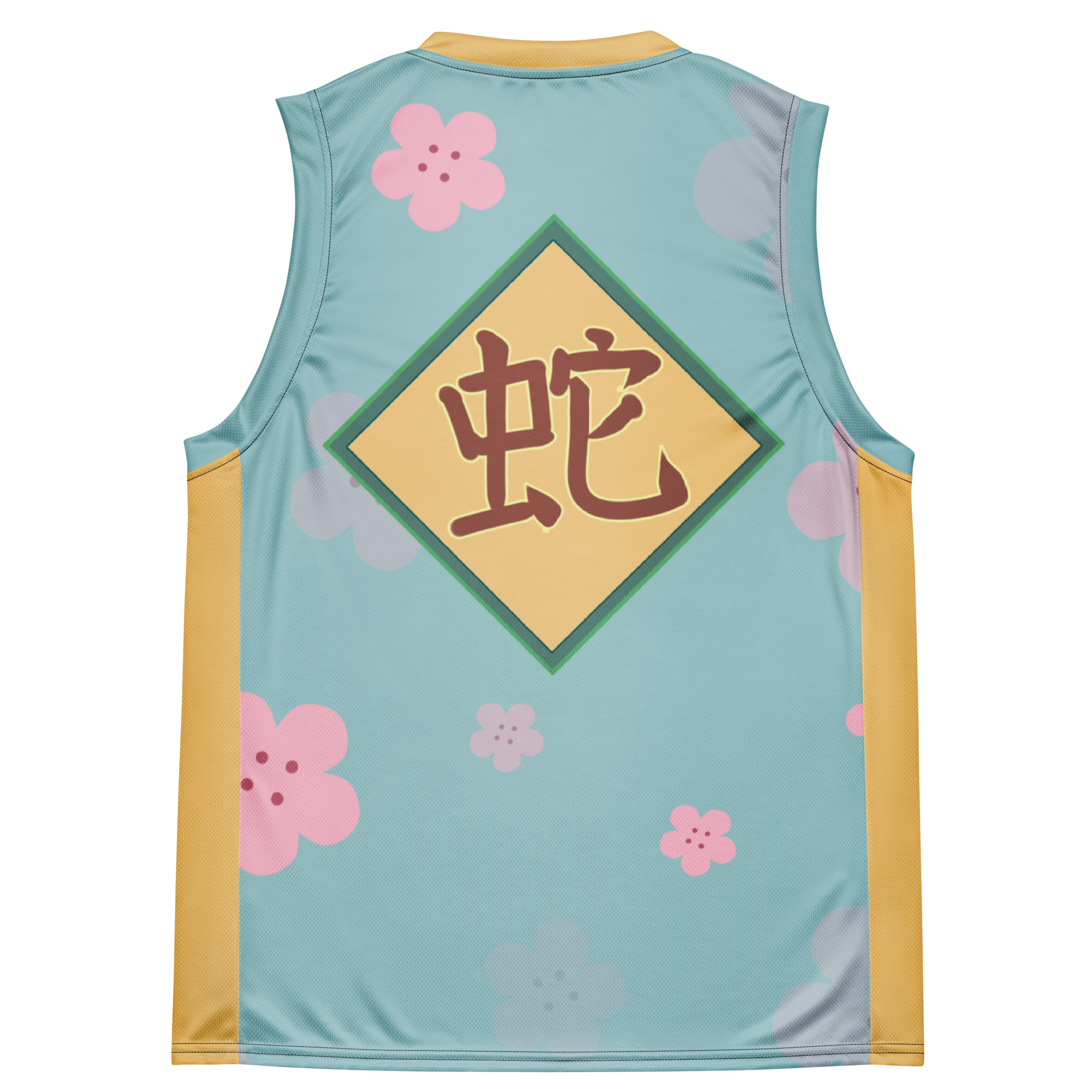
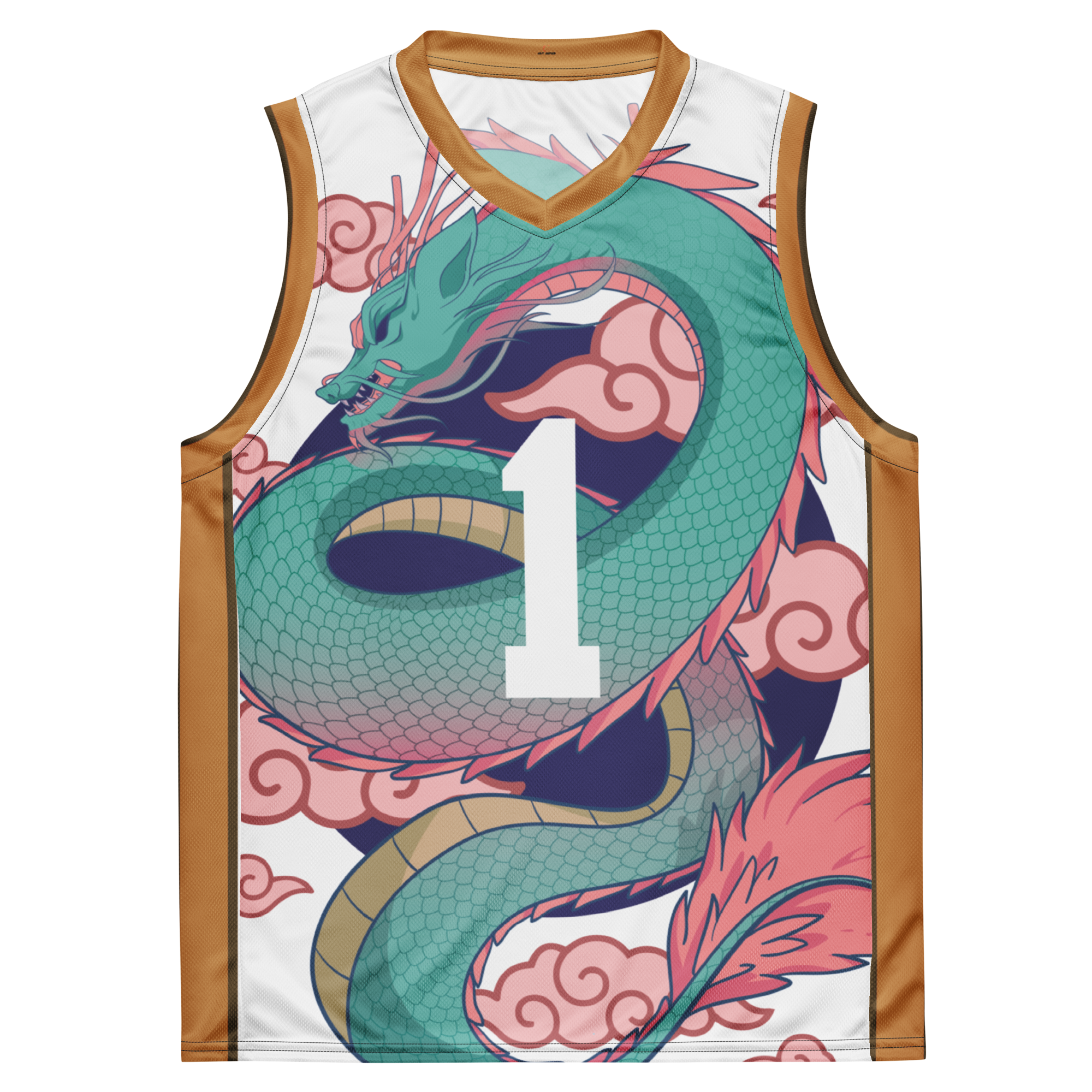
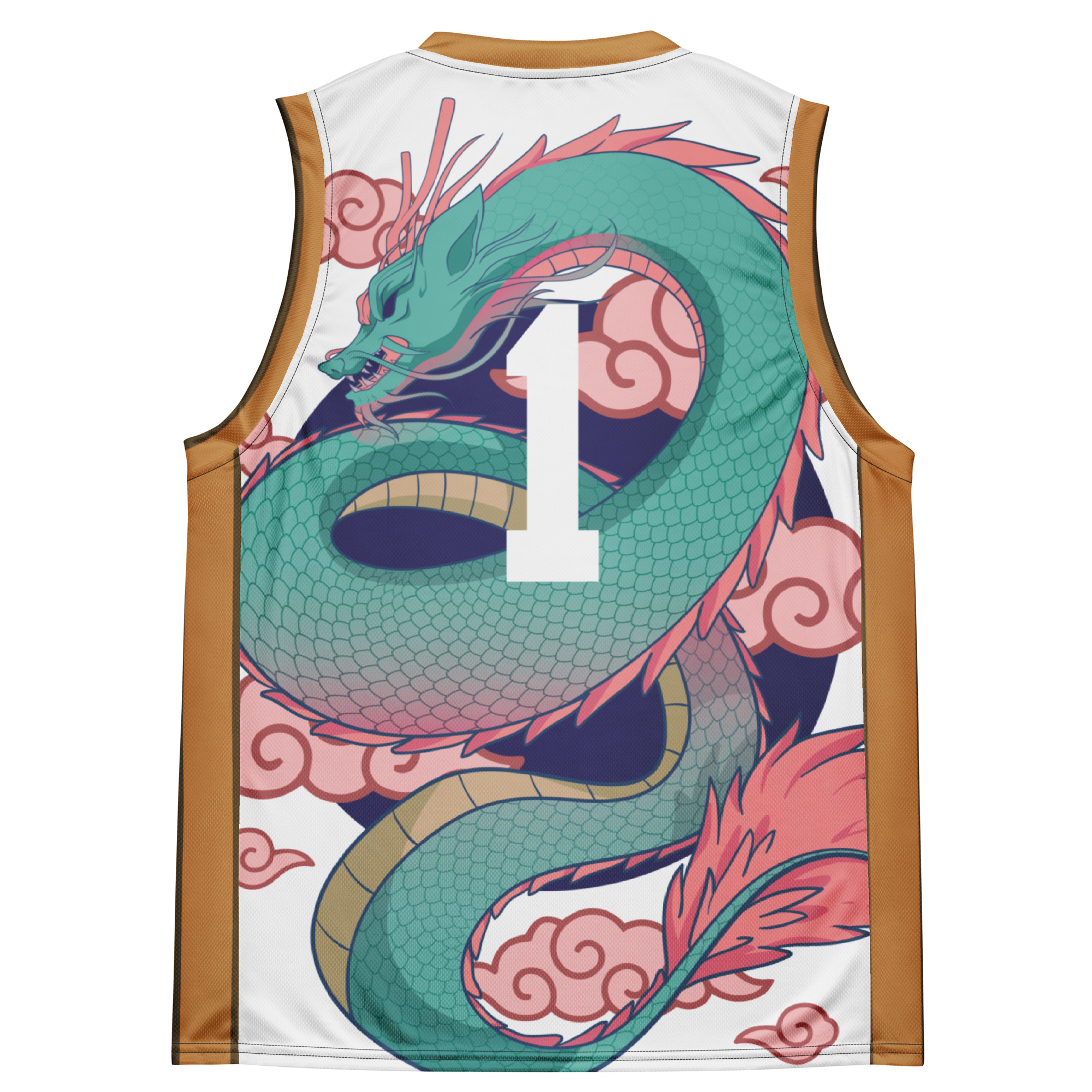
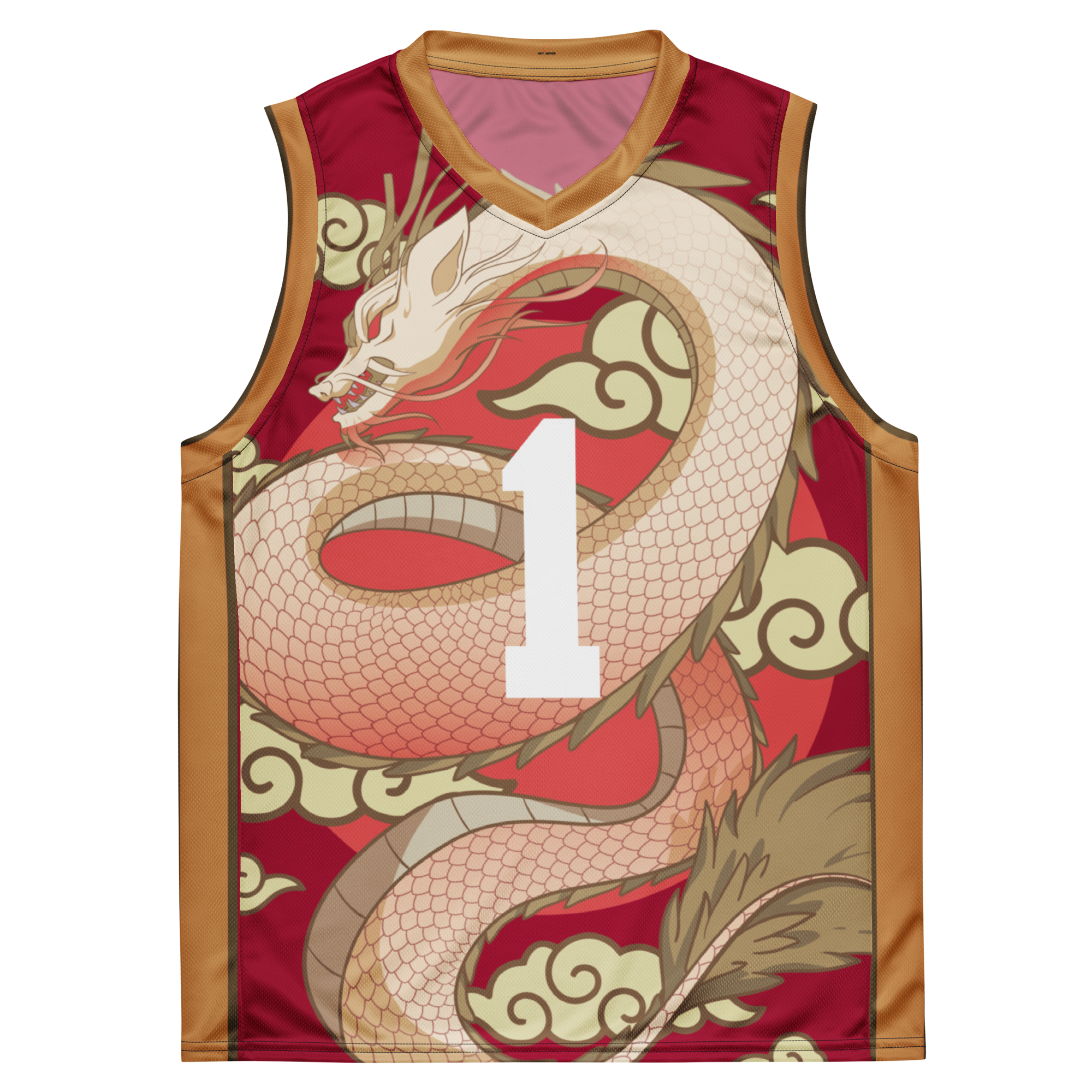
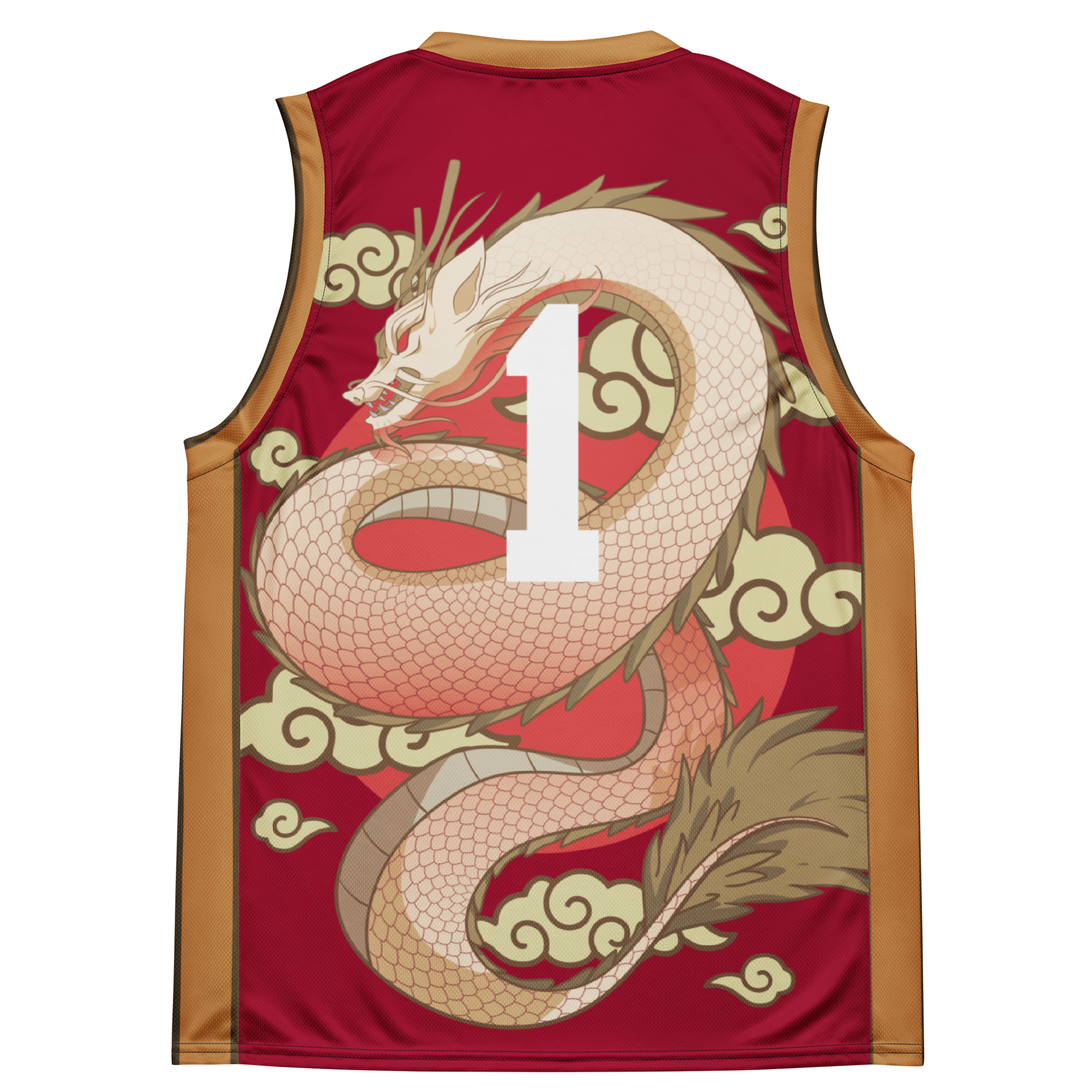
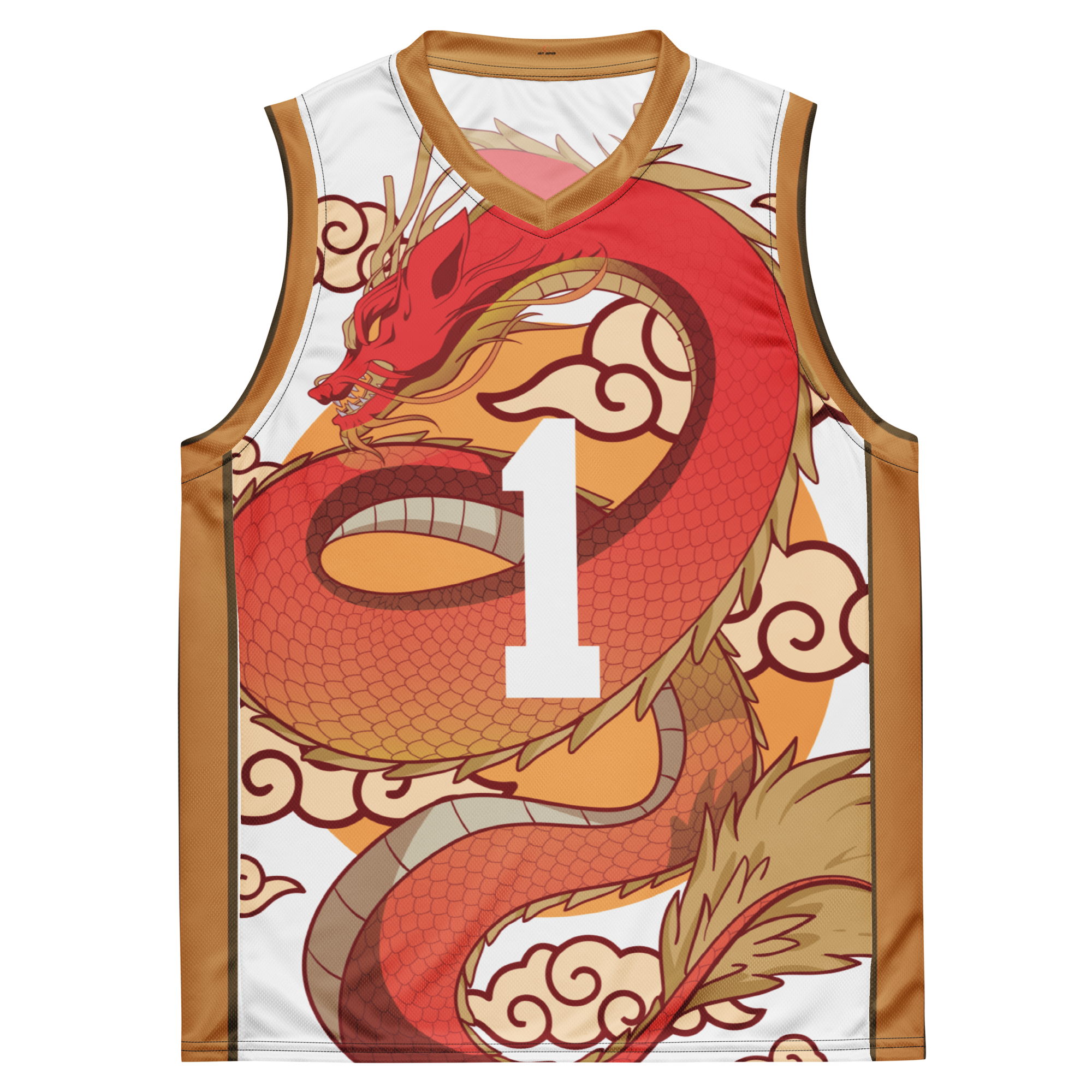
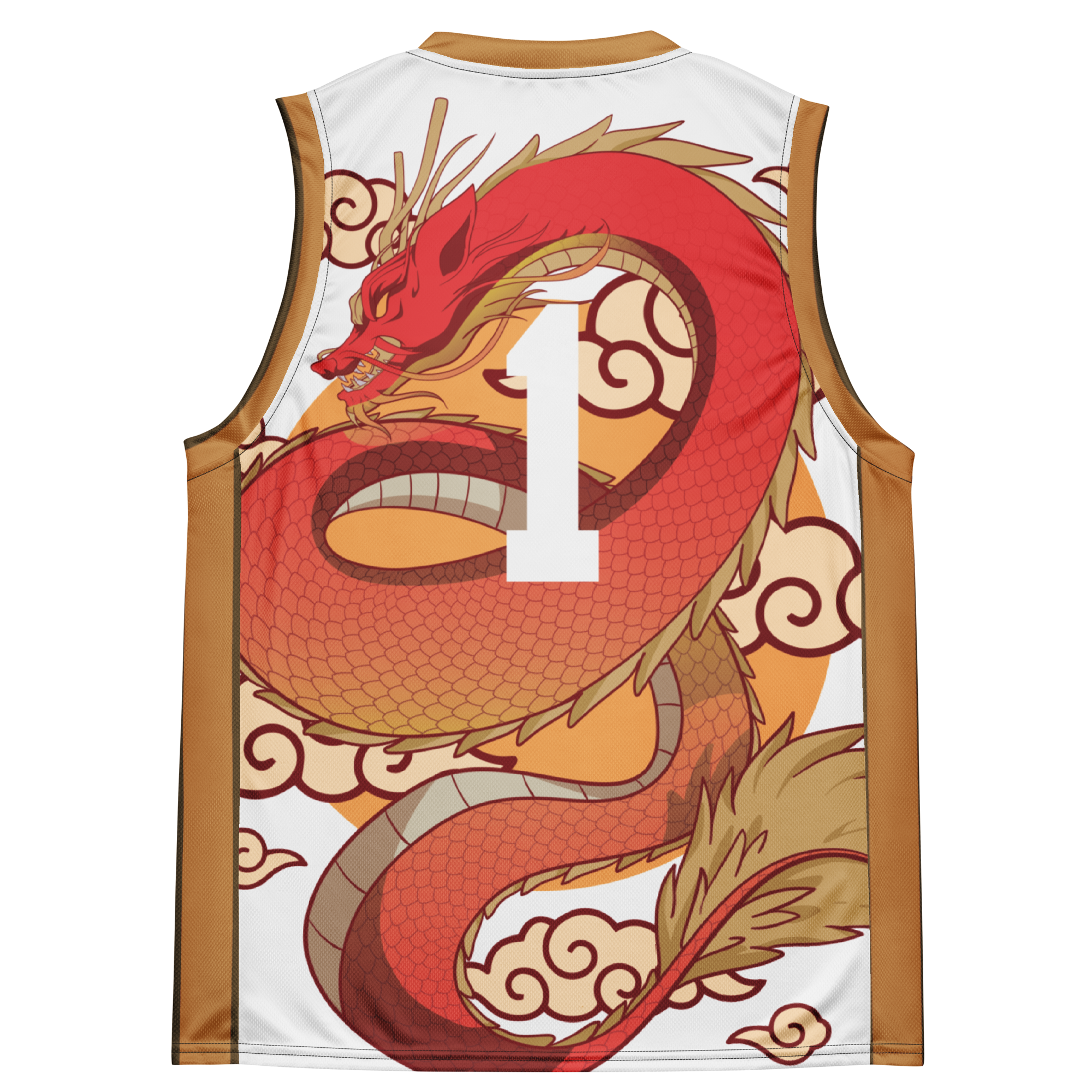


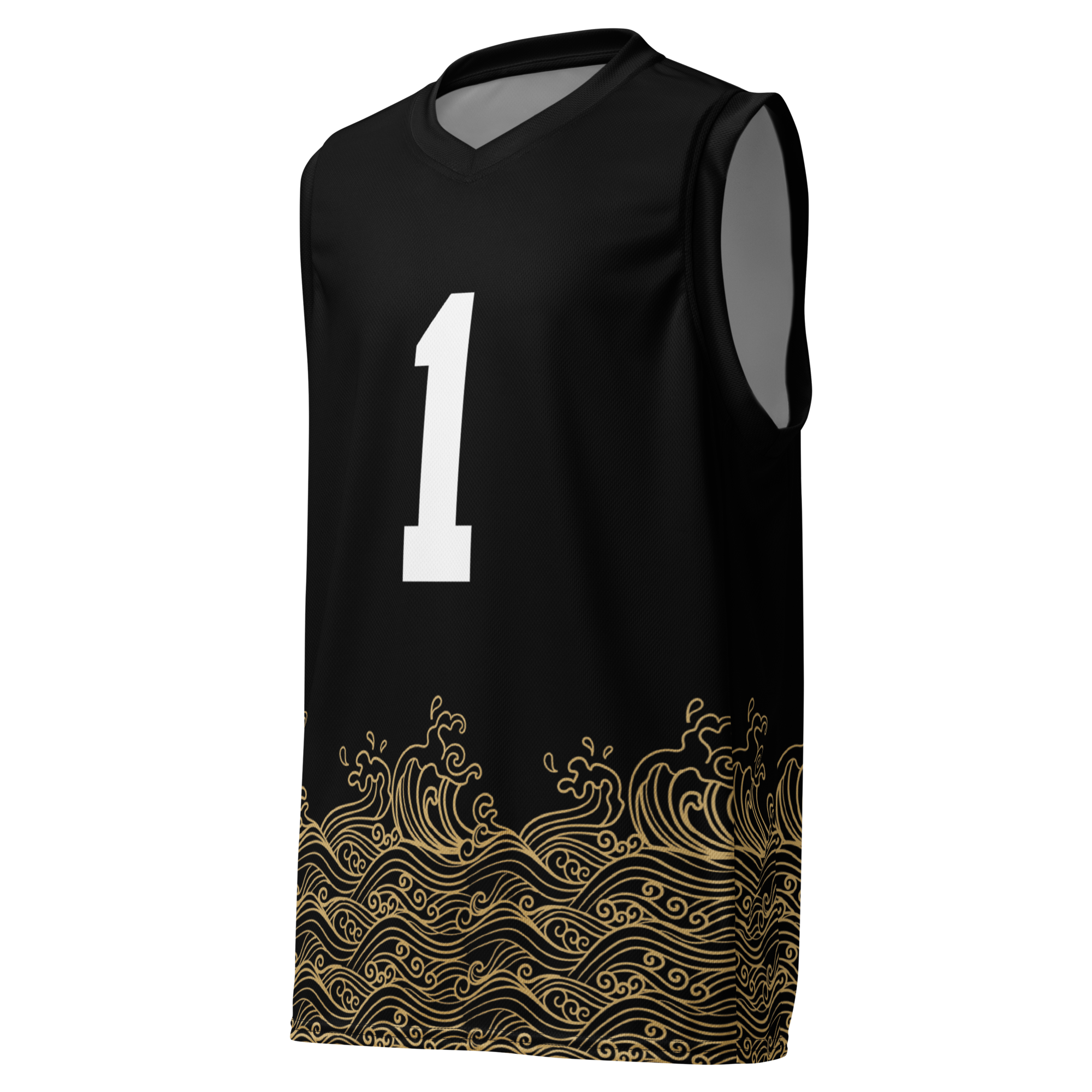
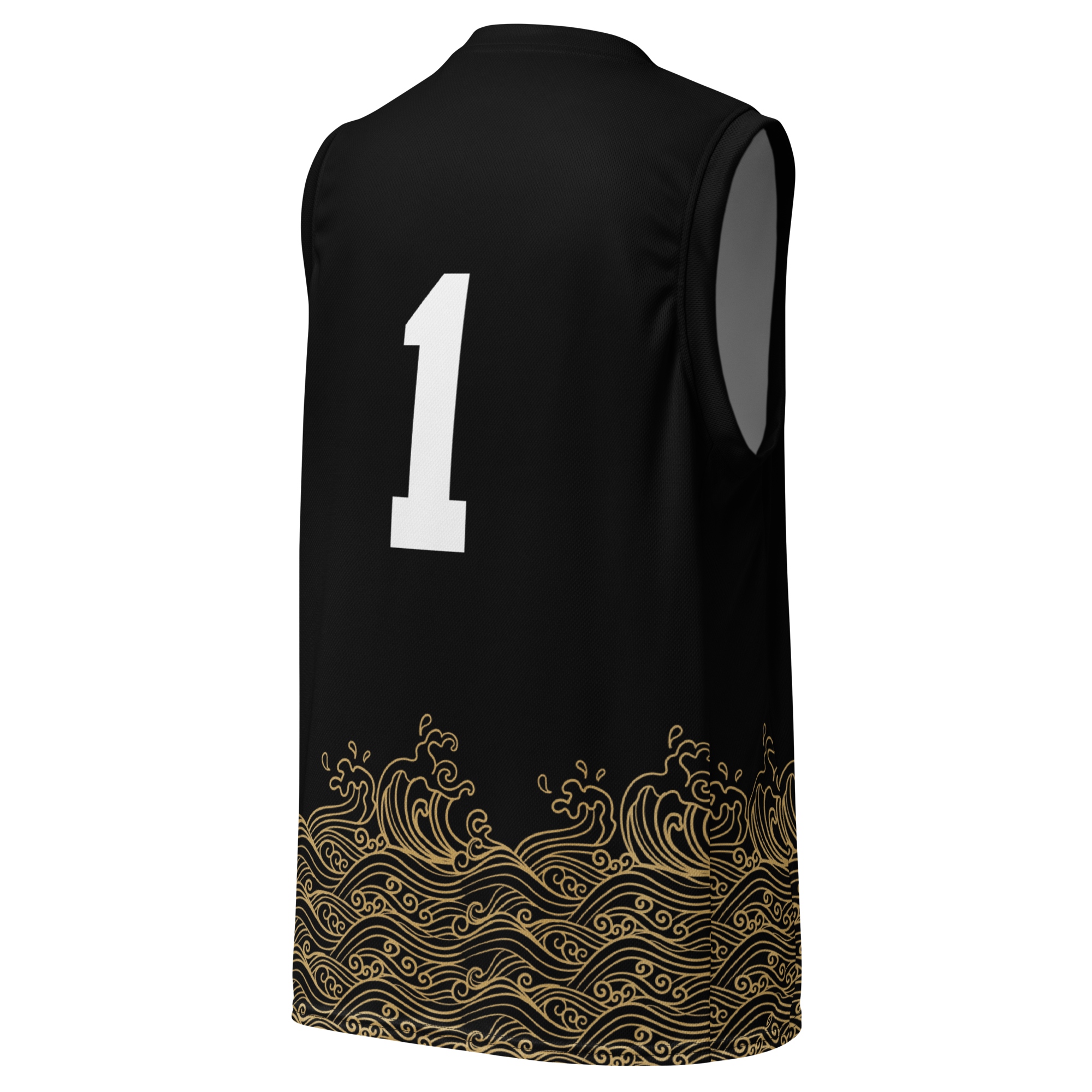


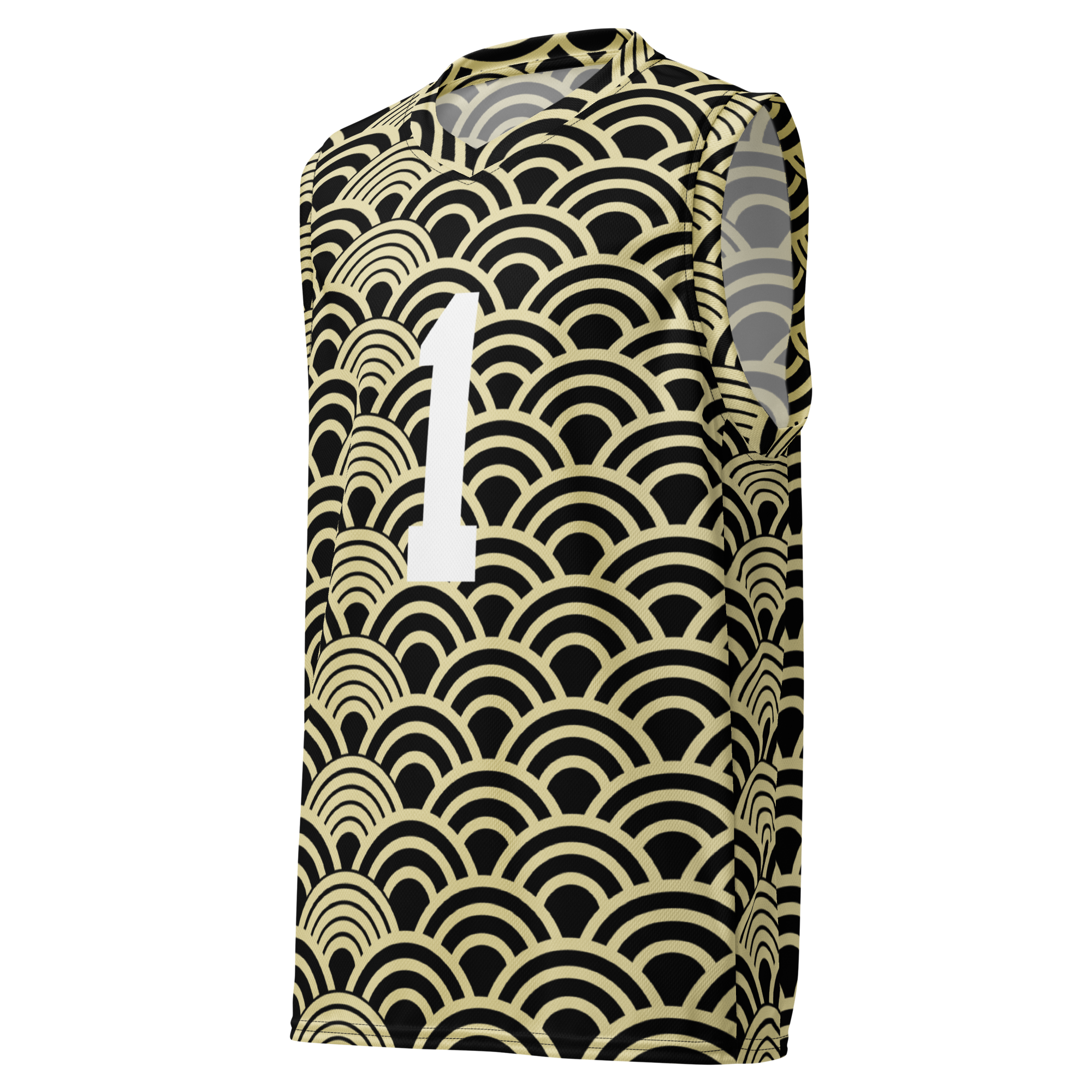
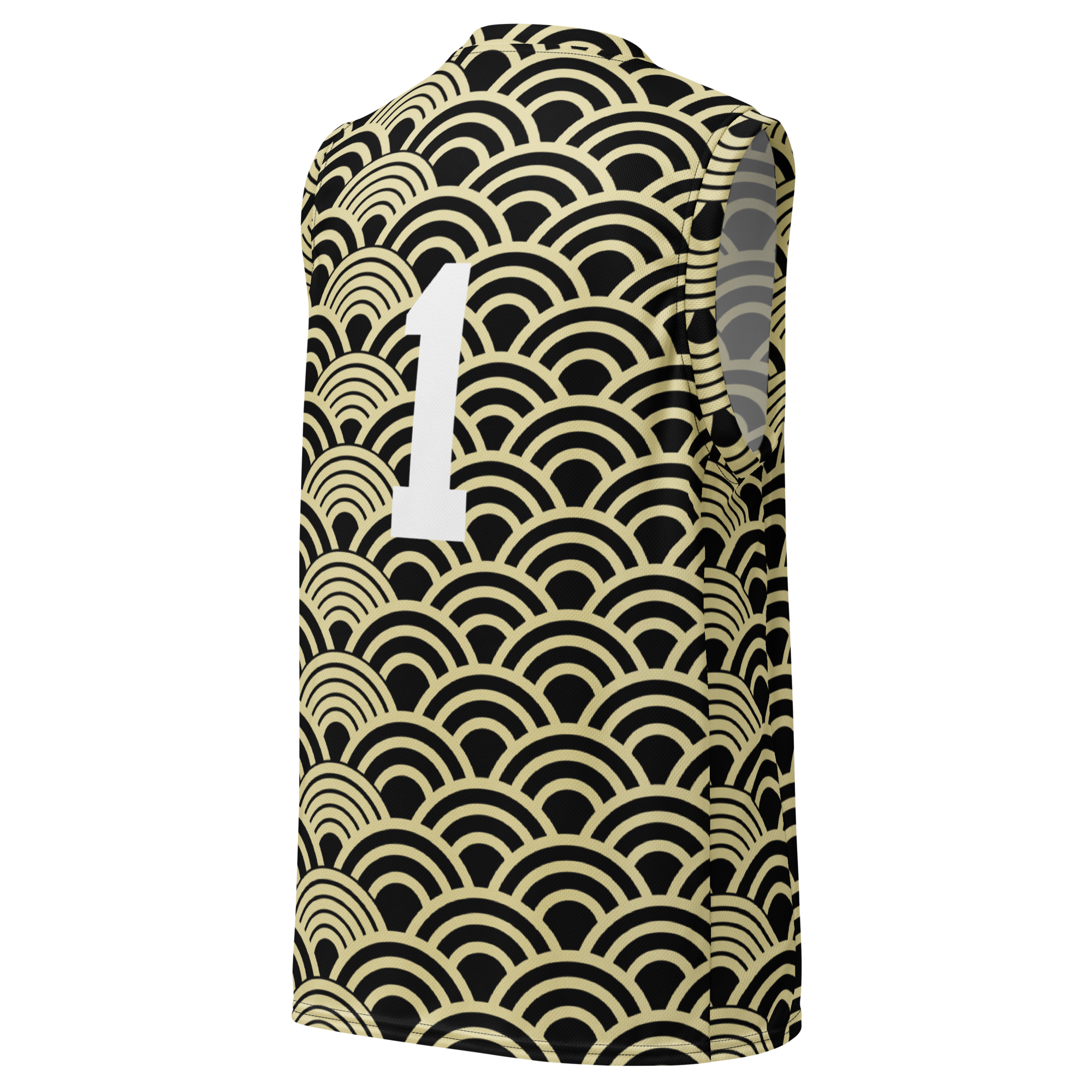
Dejar un comentario